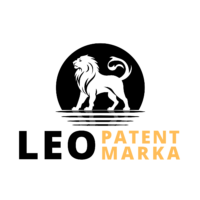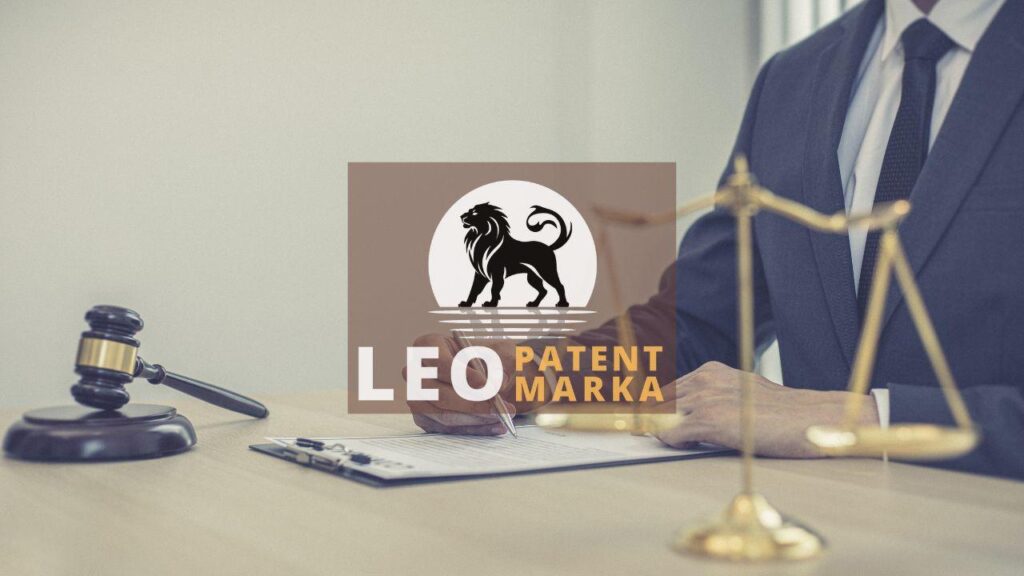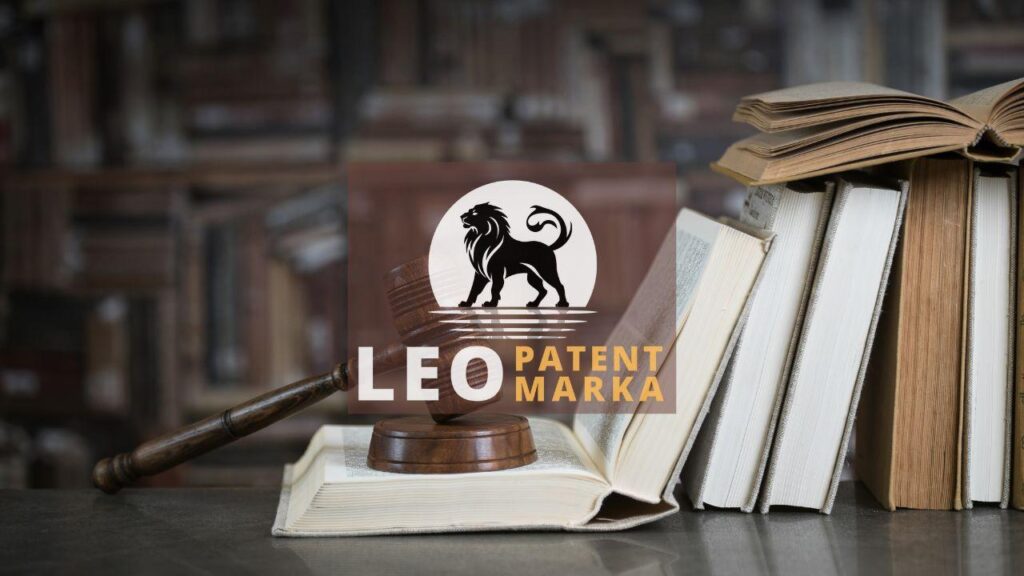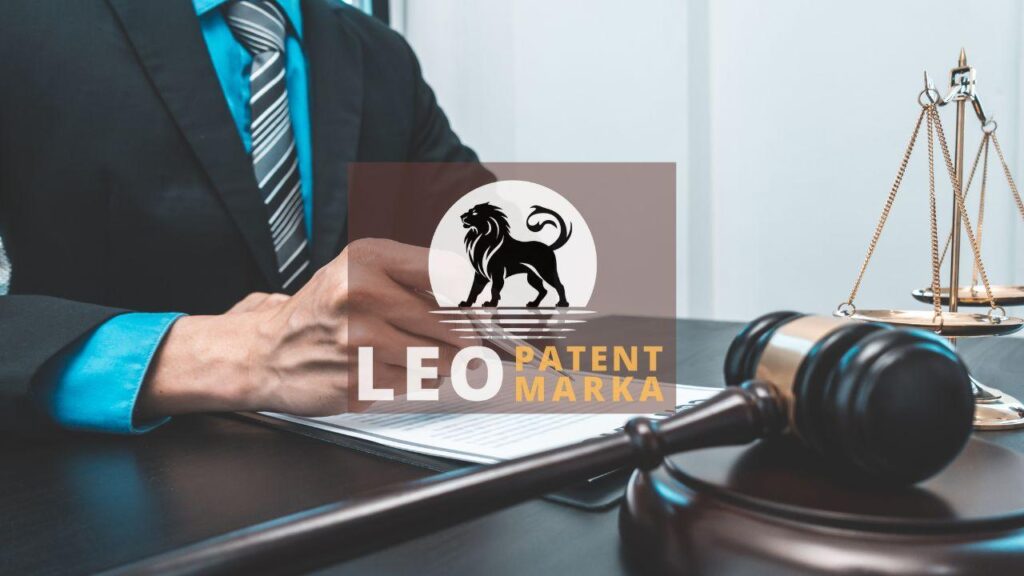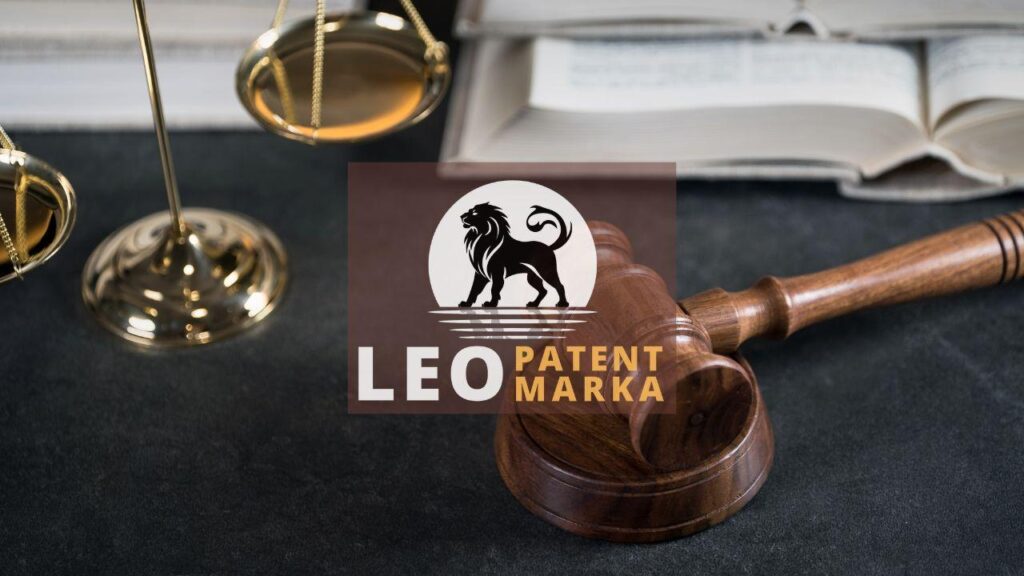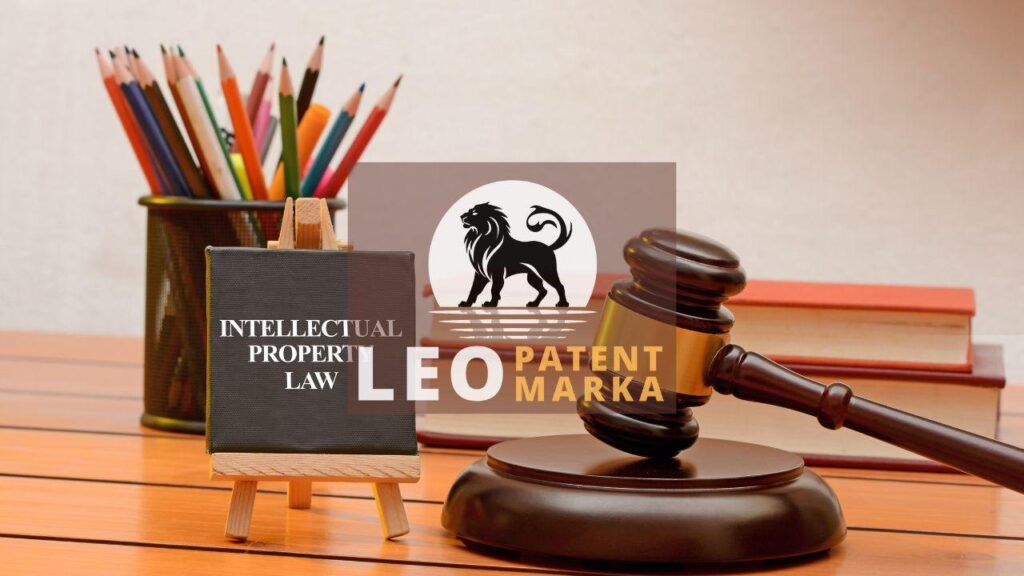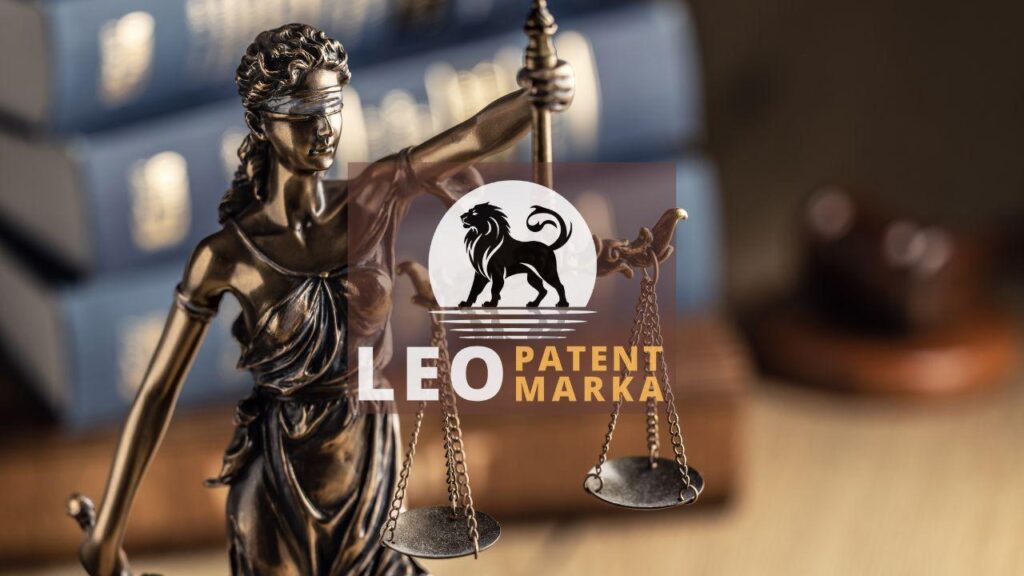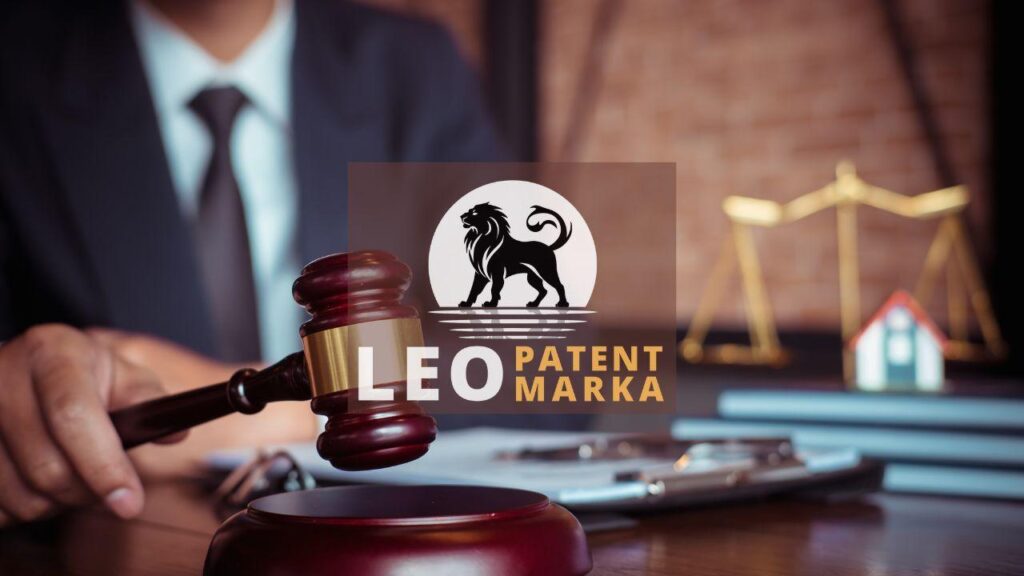In today’s globalized and highly competitive business environment, effectively managing intellectual property (IP) assets is crucial for sustaining a competitive edge. One of the most strategic tools at your disposal is the licensing of intellectual property rights. At Leo Patent, we understand the complexities and opportunities that come with IP licensing within the Turkish legal framework. Whether you are seeking to monetize your innovations, expand into new markets, or collaborate with industry partners, a well-structured IP licensing agreement can offer significant benefits. By leveraging our expertise in intellectual property consulting, trademark application, patent application, and design application services, we can help you navigate the intricate landscape of IP rights licensing to optimize the value of your intellectual assets. Dive into our latest blog post to explore the key considerations and best practices for IP rights licensing in Turkey.
Understanding Licensing Agreements in Turkey
Understanding the mechanics of licensing agreements in Turkey is fundamental to effectively leveraging your intellectual property assets. In Turkey, a licensing agreement entails a legally binding contract where the IP owner (licensor) permits another party (licensee) to use their IP under specified conditions. These agreements must be meticulously drafted to address various elements, including scope of use, duration, geographical limitations, and royalties. Additionally, they need to comply with Turkish IP laws and regulations to ensure enforceability. At Leo Patent, our expertise in the intricacies of Turkish legal requirements can help you construct comprehensive licensing agreements that maximize the value and protect the integrity of your intellectual properties.
A well-structured licensing agreement not only outlines the scope and limitations of IP usage but also defines the rights and obligations of both parties. Critical to these agreements are clauses that address the manner of IP utilization, quality control standards, and confidentiality obligations. These aspects ensure that the licensed IP is used in a manner that aligns with the licensor’s brand and strategic objectives. Arbitration clauses and dispute resolution mechanisms are also essential components, providing a clear path for handling disagreements that may arise. For international agreements, adherence to both Turkish regulations and international treaties, such as the Paris Convention, ensures broader recognition and protection of IP rights. At Leo Patent, we specialize in developing thorough licensing agreements that anticipate potential issues and incorporate robust terms to safeguard your interests.
When entering into a licensing agreement in Turkey, it is also vital to consider the competitive landscape and the potential for technology transfer. Effective licensing agreements can facilitate the sharing of critical technologies and know-how, contributing to innovation and market diversification. However, to achieve these outcomes, the contract must encompass well-defined terms regarding technology transfer, including training, technical support, and proprietary information sharing. It is equally important to include performance metrics and compliance monitoring to ensure that the licensee adheres to agreed standards and milestones. Multi-jurisdictional considerations, particularly around IP enforcement and exclusivity, should also be carefully managed to protect the licensor’s competitive edge. At Leo Patent, we offer a tailored approach to crafting licensing agreements that balance strategic interests with legal safeguards, ensuring that your intellectual property assets drive growth and competitive advantage effectively.
Navigating Legal Frameworks for IP Protection
Navigating the legal frameworks for IP protection in Turkey requires a keen understanding of the country’s specific regulations and international agreements. Turkey is a party to several global treaties, including the Paris Convention and the Patent Cooperation Treaty, which facilitate the protection and enforcement of intellectual property rights across borders. Additionally, Turkish IP law aligns with the European Union’s directives, providing a robust legal infrastructure for IP protection. At Leo Patent, we keep abreast of these legal nuances to ensure that your licensing agreements are not only compliant but also strategically advantageous. Whether you are dealing with trademarks, patents, or design rights, understanding the local and international legislative landscape is essential for safeguarding and maximizing the value of your IP assets.
One of the key aspects of IP rights licensing in Turkey is the requirement for formal registration of licenses to ensure they are legally binding and enforceable. The Turkish Patent and Trademark Office (TürkPatent) plays a crucial role in this process, as all license agreements concerning patents, trademarks, and industrial designs must be registered with this authority. Registration not only solidifies the legal standing of your licensing contract but also provides a public record, offering transparency and additional legal security. At Leo Patent, we guide our clients through each step of the registration process, from drafting the agreements in compliance with Turkish legal standards to submitting and following up with TürkPatent. By making sure your IP licenses are properly registered, we help you minimize risks and protect your intellectual property investments effectively.
In addition to formal registration, another crucial consideration involves the financial aspects of IP rights licensing. Royalty rates, payment schedules, and financial obligations must be clearly defined to avoid any potential disputes. Turkish law allows for flexibility in structuring these financial terms, enabling both licensors and licensees to tailor agreements that reflect their commercial objectives. Moreover, tax implications, such as withholding taxes on royalties, can significantly impact the overall profitability of the licensing arrangement. At Leo Patent, we offer comprehensive advice on structuring financial terms that align with Turkish regulations while maximizing your financial returns. Our expertise ensures that your licensing agreements are both legally sound and economically beneficial, empowering you to unlock the full potential of your intellectual property assets.
Best Practices for Ensuring Licensing Compliance
Ensuring licensing compliance is paramount to safeguarding your intellectual property and maximizing its value. First and foremost, it’s essential to conduct thorough due diligence before entering into any IP licensing agreement. This includes verifying the legal status of the IP, understanding the scope of rights being granted, and assessing the reputation and reliability of the potential licensee. In Turkey, stringent legal protocols must be followed to ensure that the licensed IP rights are properly registered and maintained. At Leo Patent, we assist our clients in meticulously drafting clear and enforceable licensing agreements that outline specific terms and conditions, including usage rights, royalty structures, compliance monitoring mechanisms, and dispute resolution procedures. By adhering to these best practices, businesses can minimize risks and foster successful and sustainable licensing relationships.
Another fundamental aspect of ensuring licensing compliance involves ongoing monitoring and enforcement of the licensing agreement. Regular audits and compliance checks are vital to verify that the licensee is adhering to the agreed-upon terms and utilizing the intellectual property within the authorized scope. These checks should be systematically documented and may include on-site inspections, financial audits, and performance reviews. Additionally, it’s crucial to have a well-defined enforcement strategy in place to address any breaches of the licensing terms promptly. This strategy might include predefined penalties, renegotiation clauses, or even termination of the agreement in severe cases. With Leo Patent’s comprehensive IP consulting services, we guide our clients through the intricacies of compliance monitoring and enforcement, helping to secure the full value of their intellectual property rights in the Turkish market.
Lastly, effective communication and relationship management between licensors and licensees are vital components in maintaining licensing compliance. Establishing clear channels of communication will enable prompt resolution of issues and foster a collaborative environment where both parties can address potential challenges openly. Regularly scheduled check-ins or meetings can serve as opportunities to discuss performance metrics, address any concerns, and explore potential improvements or modifications to the licensing agreement. It’s also beneficial to invest in professional development and training for the licensee to ensure they are fully informed about their compliance obligations and best practices in IP management. At Leo Patent, we emphasize the importance of nurturing these relationships and offer bespoke consulting services to facilitate seamless communication, thereby enhancing the overall success and longevity of your IP licensing agreements in Turkey.
Disclaimer: This article is for general information purposes only and it is recommended that you consult experts and companies in that field to evaluate your specific situation. We are not responsible for any damage that may arise from the use of the information in this article.
